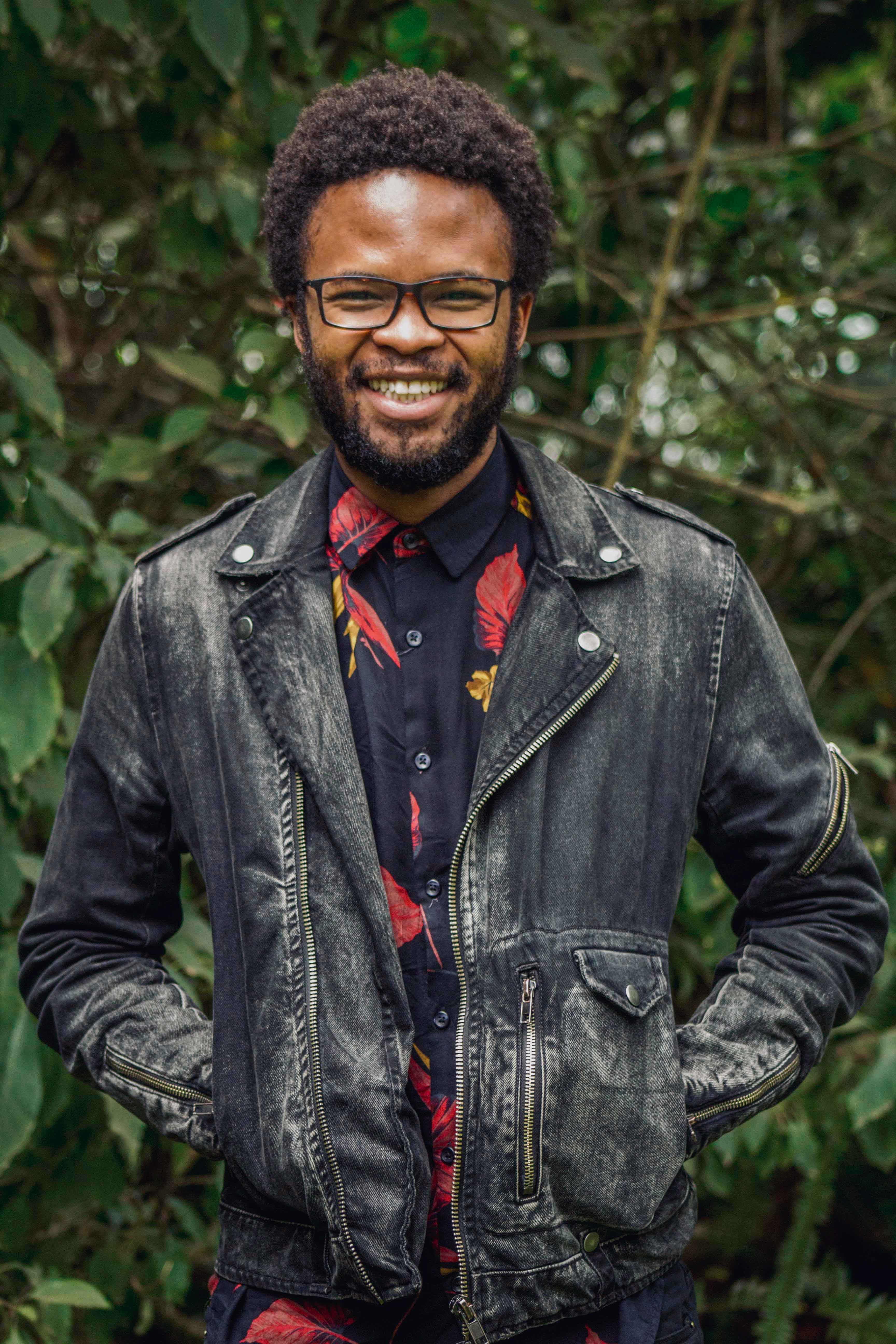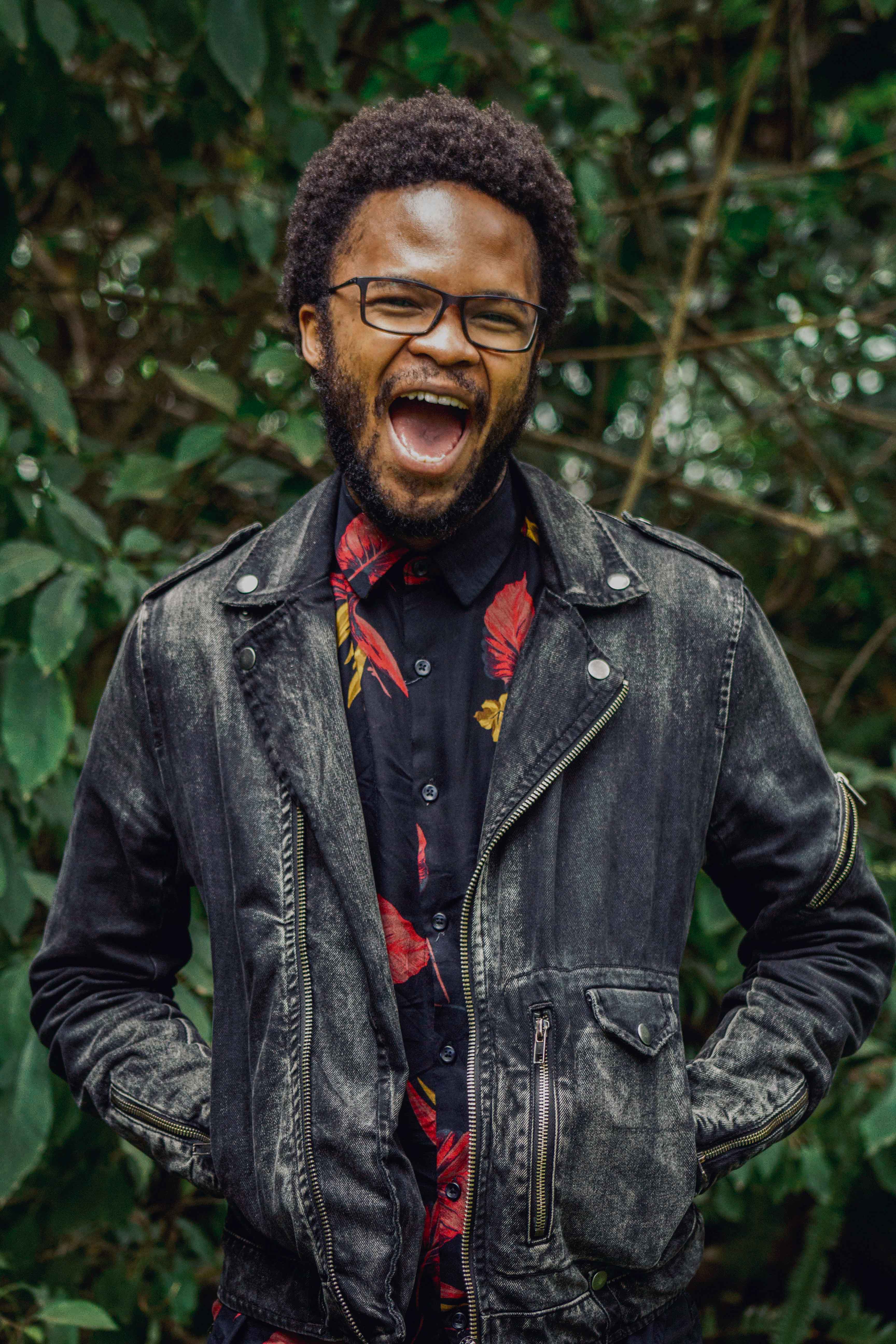Talking 'Too Early For Birds' With Abu Sense
Mookh: Hey, Abu!
Abu: Hey!
Mookh: How you doin’?
Abu: I’m good. How are you?
Mookh: Fantastic. So, we’re talking Too Early for Birds today. There’s another edition coming up...
Abu: Yeah, the 5th edition.
Mookh: Yes! But before we get into that. Let’s talk about the past editions.
Abu: Let’s…

Mookh: How do you feel about Too Early For Birds and what you’ve achieved so far?
Abu: So, it started out as an uncertain dream. We didn’t know what we were doing. We didn’t know if people were going to show up to watch a history show. If you can remember from your high school days, history classes were usually a double lesson after lunch and after ugali, so that was an extremely boring lesson. But, for us, we were thinking of experimenting. We didn’t even call it a theatre show; we called it a storytelling show. People didn’t know what that meant up until they saw the first show. We sold out, yes, but the challenge was selling out the second one, the third one, the fourth one and each time we went on we tried to put on more shows in a day. The first show was on the 17th of May, 2017 and we did only one show which had 345 people in attendance. Progressively, more people got into it and we grew our numbers to almost 4,000 people who have watched and interacted with Too Early For Birds so far. Looking back, I’m kind of grateful for the challenges that we’ve been through, especially, putting on a show in Nairobi where there is no blueprint to putting on any show. Honestly, every single person who puts up an event in Nairobi is a startup and that’s the challenge. There’s no blueprint, there’s no guidance, there’s nothing out there. It’s just trying to figure out things as they come. But, so far so good.
Mookh: Why did you feel it was important to put on a show like Too Early For Birds?
Abu: There is a huge gap in the knowledge we are given in school. It’s not to say that the system is 100% bad but it’s just lacking in detail. The details hidden between the lines is what we are tackling as Too Early For Birds. The things that we didn’t learn in school. The things that people need to know. These things should be general knowledge. If you go to, let’s take America as an example, and ask someone about the 5th amendment, they will tell you what that means. But here, we don’t know anything about the constitution. We leave it to the people who went to school for it to tell us what it means. With Too Early For Birds, we want every single person to have details about our precolonial history because when you ask many Kenyans when our history starts, they start counting from the 1960s and that’s not true at all. It’s based on curiosity, honestly, and that’s the most important part about it; being curious about heritage and culture.
Mookh: So, basically, we need to own our narratives, that’s what you’re saying…
Abu: Yeah, absolutely!
Mookh: What conversations did you hope Too Early For Birds would start?
Abu: When we started, we thought it was going to be objective. That we were going to see both sides of each story but every single time we go and research and come up with the material, it always sounds subjective. The purpose of Too Early For Birds and any other show that challenges the narrative is to make people think of the other side because right now the thought process is linear. This sounds cheesy, but we want the next generation to have a sense of both sides of the coin. What we would love for Too Early For Birds to do is to make people question things as opposed to just accepting and moving on and being passive about stuff. Oh! Do you know what the most interesting thing about Too Early For Birds is?
Mookh: Uh huh?
Abu: At this moment, it’s being taught at Kenyatta University as a new age theatre concept and a way to learn history in a fun way.
Mookh: That’s fantastic!
Abu: That’s absolutely amazing. It’s scary though, because you have to stick to the facts but at the same time it’s really encouraging and motivating to us.
Mookh: I didn’t know that. That’s dope.

Mookh: Why do you feel it’s necessary to have these conversations?
Abu: It’s funny because this interview is happening in English, first of all. That’s the thing, it’s become so much easier for us (Africans) to express ourselves in English, properly, as opposed to our mother tongues or any other local language. The necessity for us knowing our history is based on having a point of reference for ourselves. Knowing where we started from, what the journey has been and what we had to do to get to this point. The fact that we kind of second guess ourselves nowadays - in everything that we do, we are passive - it means that the culture has seeped out. There is a crack somewhere. So, the necessity for a show like this is to fill those gaps and give people a solid ground to stand on. It’s not going to be a nice scene to see for future generations, or even ourselves, when someone asks us about ourselves and we start with our education background and achievements instead of telling them about our culture. We are so ashamed of that and we want to rid people of that embarrassment. It’s important for people to know where they come from, what their forefathers did and what the legendary women in our history did because there’s been so much erasure. It’s become so difficult for us to find stories about influential people who struck us differently.
Mookh: Let’s get into the 5th edition… The 5th edition of Too Early For Birds is coming up on the 5th & 6th of October and we’re all excited. I don’t want us to get into too much detail but introduce us to it.
Abu: Just like the Badassery edition, which was a fire show- that was my favorite show, it involves bullets; it involves a lot of suits and ties; it involves a lot of monochrome pictures and a time when we were at the helm as Kenya. Newly independent and the political scene at that time. That’s all I’m going to say for now because I don’t want my producer to kick my ass. It’s going to be fire.
Mookh: Of course! I don’t expect anything less from you guys. The Badassery edition was also one of my favorites so I’m excited to see this one.
Abu: Me too!
Get your tickets here: https://mookh.com/event/too-early-for-birds-tom-mboya-edition-1st-show

